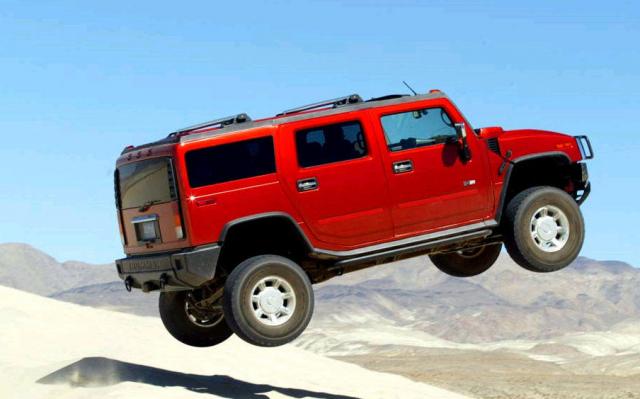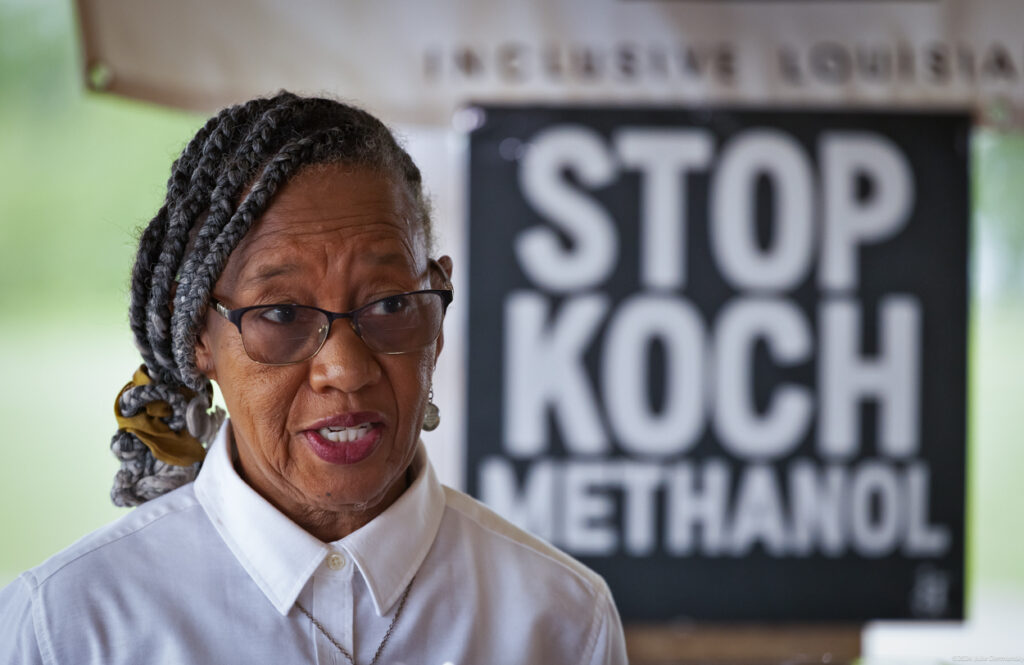“Free-market” capitalists seem to be an endangered species in this bruising era of economic accountability. As the Big Three automakers loiter in the lobbies of the U.S. Congress and the Canadian Parliament, begging for handouts, everyone seems to be avoiding the question of why the taxpayer should have to prop up these losers.
The Detroit auto industry has spent the last decade lying to its audience and, apparently, to itself. People like GM’s Bob (climate change is a “total crock of shit”) Lutz have told auto dealers and auto buyers across the continent that oil would remain forever cheap, that climate change was an unproven theory of no concern, and that trucks and SUVs were the only safe conveyance for American families.
Ford backed think tanks like the Competitive Enterprise Institute, which were busy misleading the public about the nature and danger of climate change. And having paid the think tanks to say stupid, self-serving things, the automakers apparently bought into their blather, making no plans for a world in which the F150 truck was recognized as an environmental pariah and a hugely and unnecessarily wasteful version of the personal automobile.
In payment for this shortsightedness, these auto execs got a smack upside the face from the Invisible Hand. Consumers flocked to automakers that were exercising a tiny amount of environmental responsibility and offering cars that were comfortable, safe and economical to run.
And now we are asked to bail these losers out, on the basis of a lame and overstated argument that the economy will collapse if we don’t. Why on earth would we?
If Ford, GM and Chrysler executives were showing up with letters of resignation – if they were offering apologies rather than excuses – it might be tempting to try to help protect their employees, their dealers and their customers from whatever nasty bumps the market may have in store. But they seem instead to be promising to save their own jobs as a first order of business and then to grind down their union employees, downsize their operations and, belatedly, to start thinking about competing against European and Asian automakers who are miles ahead in creating popular, well-made, fuel efficient vehicles.
The Big Three are looking – this week – for $25 billion from the U.S. government and 10 per cent as much again from Canada. That’s an amount of money that could easily secure the pensions and health care plans of auto employees, leaving enough to soften the transitional bumps. And those would be appropriate priorities for government. Propping up businesses that have been incompetent and disingenuous – that have endangered themselves, their shareholders, their employees and the world environment; well, that seems like a fabulously bad idea.
P.S.
Just as I finished writing this, my brother-in-law sent me this New York Times op-ed: Mitt Romney saying “Let Detroit Go Bankrupt.” I rest my case.
Subscribe to our newsletter
Stay up to date with DeSmog news and alerts






